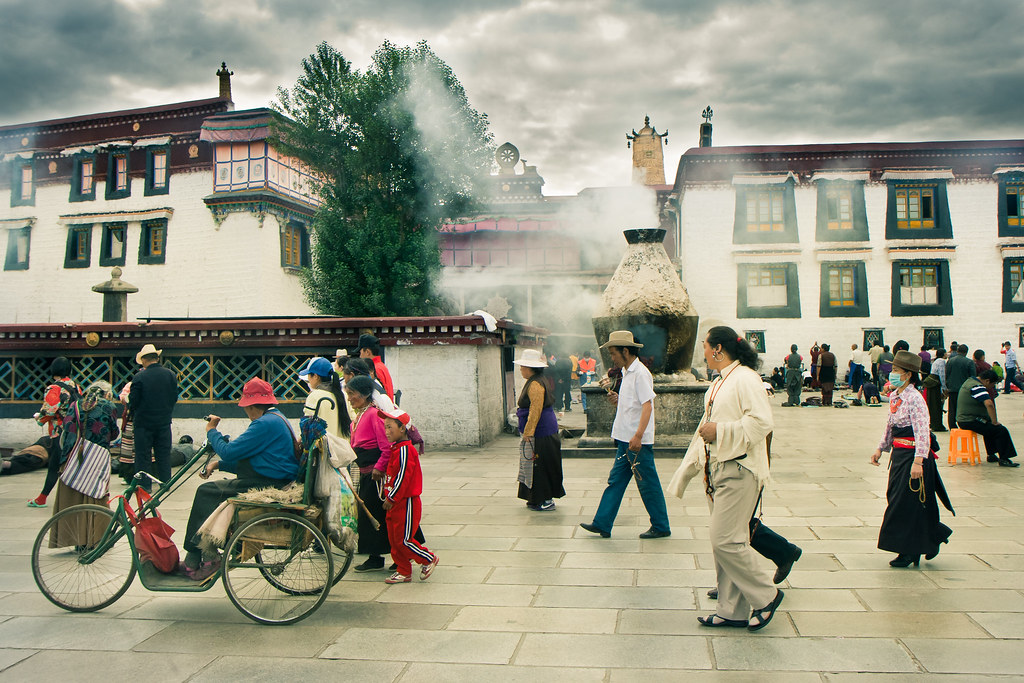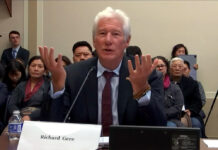
(TibetanReview.net, May14’21) – The role of the religious bodies under the government of the People’s Republic of China (PRC) is not to defend or protect but restrict religious freedom and that is exactly what the Lhasa City Buddhist Association has done by a notice dated May 9. The notice has warned Tibetan Buddhists in the Tibetan capital to restrict their traditional religious practices during the holy fourth month of the Tibetan calendar, which began on May 12, said Washington-based International Campaign for Tibet May 12.
Using the Covid-19 pandemic as the pretext, the notice was shown to state that there was a “very significant” risk of contracting and spreading the disease, given the situation in “some neighboring countries” and “imported cases” continuing to appear in China itself.
Saga Dawa, the fourth month of Tibetan calendar, is particularly sacred to Tibetan Buddhists as the one in which Buddha was born, attained enlightenment, and passed away. Merits accumulated from carrying out religious and other kinds of virtuous actions during this month, especially on the full moon day, many times more than those carried out at other times.
Visiting temples with making of offerings, undertaking circumambulations of sacred sites and going on pilgrimages is particularly common.
The notice is shown to call on Tibetans to adopt the “correct view” on religion and not go for the “Lingkor”, the most popular circumambulation route in Lhasa.
The notice calls on monks and nuns to instead take Covid-prevention actions and do some planting to beautify the environment around their monasteries.
While the notice does not outrightly ban religious practices during the holy month, the notice’s message was that those who engage in it could face persecution for violating pandemic preventive measures.





